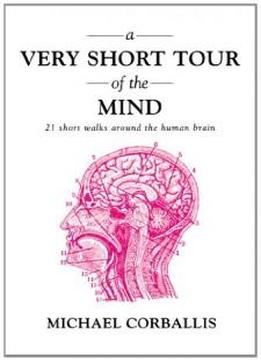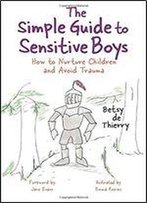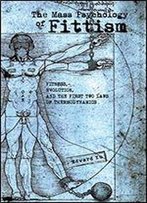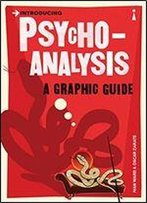
A Very Short Tour Of The Mind: 21 Short Walks Around The Human Brain
by Michael Corballis /
2013 / English / EPUB
837.5 KB Download
Why do we remember faces but not names? If your brain
were cut in half would you suffer more than a splitting
headache?
Why do we remember faces but not names? If your brain
were cut in half would you suffer more than a splitting
headache?How does your dog remember where it buried its bone but you
can't find your keys? And do we really only use ten percent of our
brains? In A Very Short Tour of the Mind, Michael C. Corballis
answers these questions and more. The human mind is arguably the
most complex organ in the universe.
How does your dog remember where it buried its bone but you
can't find your keys? And do we really only use ten percent of our
brains? In A Very Short Tour of the Mind, Michael C. Corballis
answers these questions and more. The human mind is arguably the
most complex organ in the universe.
Modern computers might be faster, and whales might have larger
brains, but neither can match the sheer intellect or capacity for
creativity that we humans enjoy. In this gem of a book, Corballis
introduces us to what we've learned about the intricacies of the
human brain over the last fifty years. Leading us through
behavioral experiments and neuroscience, cognitive theory and
Darwinian evolution with his trademark wit and wisdom, Corballis
punctures a few hot-air balloons; "Unleash the creativity of your
right brain!") and explains just what we know--and don't
know--about our own minds.
Modern computers might be faster, and whales might have larger
brains, but neither can match the sheer intellect or capacity for
creativity that we humans enjoy. In this gem of a book, Corballis
introduces us to what we've learned about the intricacies of the
human brain over the last fifty years. Leading us through
behavioral experiments and neuroscience, cognitive theory and
Darwinian evolution with his trademark wit and wisdom, Corballis
punctures a few hot-air balloons; "Unleash the creativity of your
right brain!") and explains just what we know--and don't
know--about our own minds.











